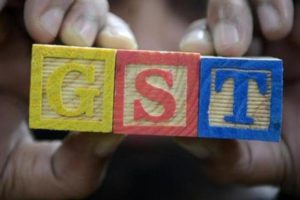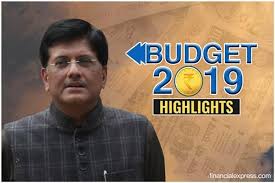December, 26th 2019
 CBIC issues Standard Operation Procedure to deal with non-filers
CBIC issues Standard Operation Procedure to deal with non-filers
Non-filing of GST (Goods & Services Tax) returns may lead to attachment of bank accounts and even cancellation of registrations. This is part of the Standard Operating Procedure (SOP) issued by the Finance Ministry to be followed in case of non-filing of returns.
The GST law makes it mandatory for a registered person to file returns either monthly (normal supplier) or on a quarterly basis (supplier opting for composition scheme). An ISD (Input Service Distributor) will have to file monthly returns showing details of credit distributed during the particular month.
Persons required to deduct tax (TDS) and persons required to collect tax (TCS or Tax Collected at Source) also have to file monthly returns showing the amount deducted/collected and other specified details. A non-resident taxable person also has to file returns for the period of activity.
Revenue hit
It is estimated that up to 20 per cent assessees do not file returns. This affects revenue collection. Since there is lack of clarity on how to proceed with non-filers and lack of uniformity in procedures, the Central Board of Indirect Taxes and Custom (CBIC), has come out with an SOP. Under the SOP, after the due date of return, a system-generated message or mail will be immediately shared with GST defaulters. Five days later a notice will be issued asking the GST payer to file the return or make payment within 15 days This notice is to be issued in Form GSTR 3A.
If the defaulter does not file the return within 15 days of the issue of the notice, the proper officer may proceed to assess the tax liability of the person to the best of his judgment taking into account all the material available or which he has gathered and would issue order under Rule 100 of the CGST Rules in Form GST ASMT-13.
If the defaulter files the GST return, then Form GST ASMT 13 will be deemed as withdrawn. If not, the officer may initiate recovery.
Though the above guidelines are to be followed in most cases, the SOP also prescribes that in some cases, based on facts, the Commissioner may resort to provisional attachment to protect revenue, under Section 83 of the CGST Act before issuance of Form GST ASMT-13.
If the return is not filed within the time prescribed under Section 29 of the CGST Act, then the process of cancellation may be initiated. The relevant Section prescribes conditions for cancellation of registration, and fulfilment of any of these will invite action.
These include a composition scheme assessee not filing returns for three consecutive tax periods, a non-composition assessee not furnishing returns for a continuous period of six months, not commencing business within six months of the voluntary registration, obtaining registration by fraud, and wilful misstatement or suppression of facts.
The Act clearly states that registration will not be cancelled without giving the person an opportunity of being heard.
After blocking of e-way bill generation for non-filers, issuing Standard Operating Procedure for non-filers is the next step by CBIC to ensure proper collection.




